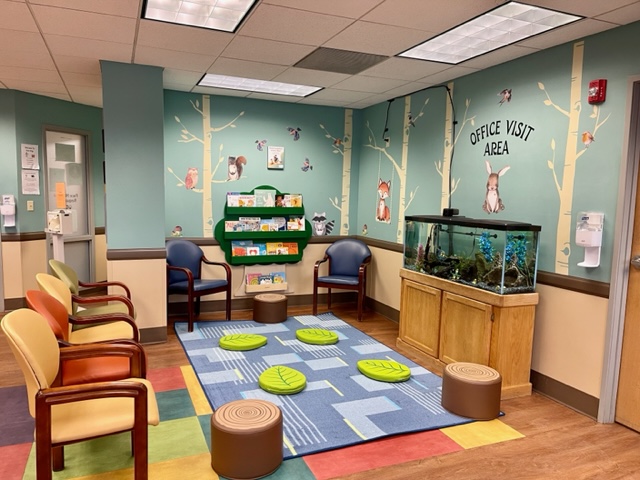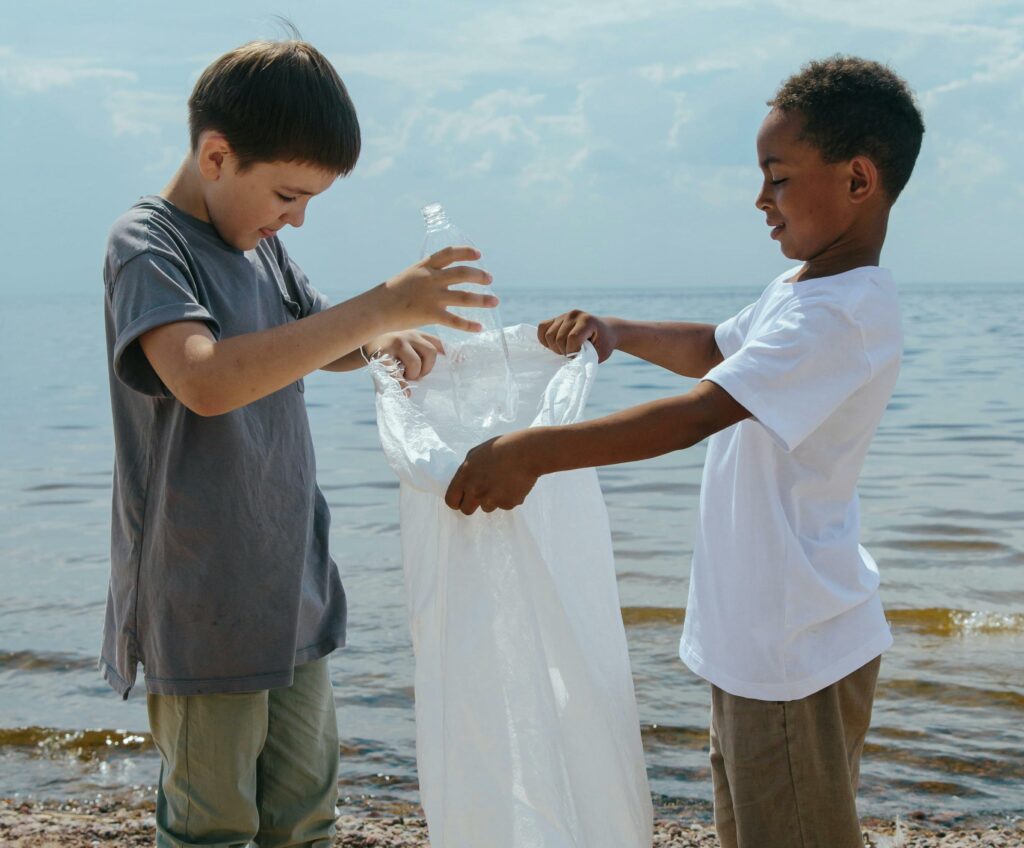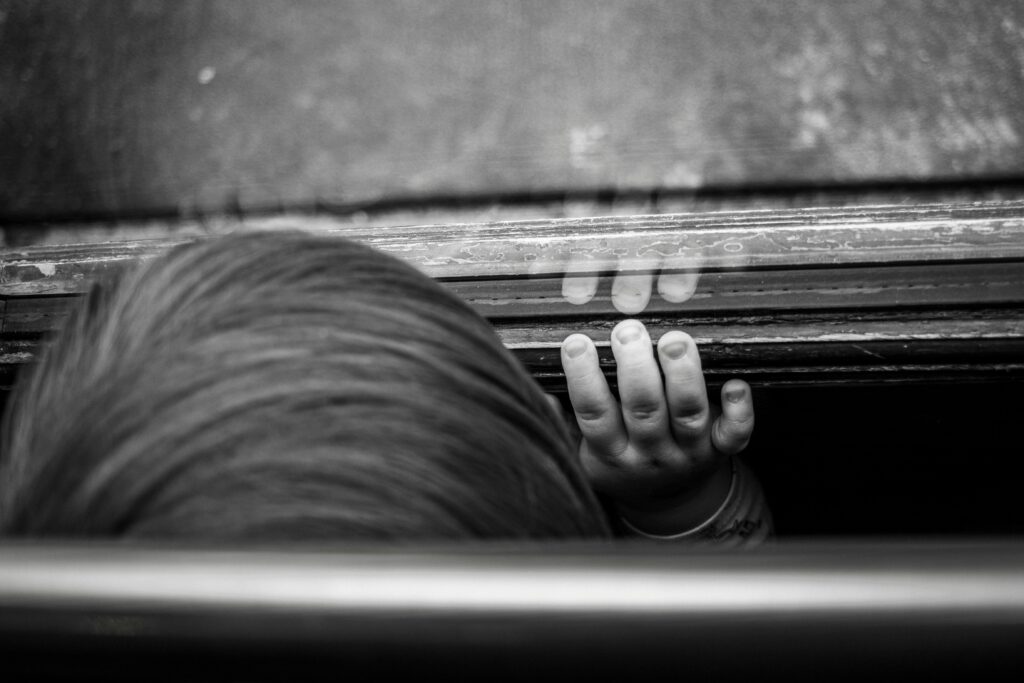Did you know that reading out loud to your child promotes brain development, furthers language acquisition, and helps you build a strong bond with your child?
In fact, the first three years of a child’s life is the most critical time to start reading to your child. That’s because in that time, your child’s brain sees rapid growth and reaches 80 percent of adult size. What your child experiences will directly affect how their brain develops.
That’s why our team at Pediatrics West views reading as an important part of a child’s healthy growth. We want to see parents reading together with their children as soon and as often as possible.
Read Out and Read Partnership
We are partnered with the non-profit Reach Out and Read, which works with pediatrics offices across the country to make reading a part of every child’s life.
Thanks to Reach Out and Read, every child that comes into our office for a well child checkup from newborn to age 5 receives an age-appropriate book.
We also were able to decorate our waiting room earlier this year to make it a cozy reading space thanks to a grant from Reach Out and Read. We hope to encourage parents to grab a book and read with their child while waiting for their appointment.

How to Read and Engage Your Child in Books
It’s never too early to start reading to your child—even at the newborn stage. We have some ideas and tips below for getting the most out of your reading time with your child as they grow and develop through different stages.
0-3 Months
At this age, your baby may not seem engaged in a book’s story, but they will still get a lot out of you reading to them. Babies at this age will enjoy being held and the sound of your voice as you read, even if they can’t follow the story. You can start building the habit now of reading to them before a nap or bedtime.
At this age, your baby is naturally drawn to contrasting colors, so look for baby books that have black and white shapes or other contrasting colors for them to study.
3-6 Months
Your baby is getting grabby at this stage and loves putting things in their mouth. Look for soft books, such as crinkly or fabric books. They can look at the images, flip the pages, and safely chew on these types of books.
At this stage, your child can hold their head up and can sit more easily in your lap as you read to them. Stick to durable board books that won’t rip and will stand up to some drool.
Since your baby also likely has teeth coming in, you can start the bedtime routine of brushing teeth, book reading, and bedtime.
6-12 Months
During this stage, your baby is moving, crawling and standing. They are getting good with their hands—let them play with the books and learn to flip pages. They will still be putting books in their mouths, and that’s okay too, as long as it’s a durable book that won’t come apart in their mouth. Make sure to include books in their play area so they can investigate them on their own.
Your baby will also become more interested in the stories you read. Short and simple ones will hold their attention.
Babies at this stage especially love photos of faces and of other babies. They also like books that have images about their daily life as they learn the words of everyday objects.
Even if the books have no words, talk to your baby about what you see. Point and name objects, talk about the people and if they are happy or sad, count objects on the page, and name colors. Relate the things you see in the book back to your child. For example, “That baby is in his high chair eating. You sit and eat in your high chair too!”
12-18 Months
Story time becomes even more fun and interactive at this stage. Encourage your baby to help you turn the pages when reading. Engage them in the book by asking them to point to things, like, “Where is the dog?” Or, “I see a nose, where is your nose?”
Your child will love it if you’re a little silly as you read, using different voices, reacting to what’s happening, or gently bouncing them on your lap if there’s a “crash” or “bump” in the text.
Babies at this stage also love flap books or books that have slide outs or other objects to manipulate and move.
18-24 Months
You’re in full-blown toddlerhood now, and you’ll find your child is even more engaged in reading time. You’ll find your child can sit through a little longer stories, and you can start introducing some paper picture books.
You’ll find your child has some favorite books that they want to read on repeat—and don’t be surprised if you hear them trying to recite the book themselves. As you read to them, you also can pause before ending a sentence to see if they can finish the sentence for you.
Engage your child by asking your child to identify objects or colors or ask “what will happen next?” before you flip the page.
2-5 Years
As your child grows, continue to make reading together an important part of your family’s routine. Visit the library together, and help your child find picture books that interest them.
Keep books easily accessible in your home to encourage your child to pick them up. Take books with you when you leave the house. They can look at books in the car, and you can read to them while waiting for an appointment.
Continue to engage your children in the books and ask them questions. Relate the story back to their own lives, talk about the values being taught through the story, and encourage them to share their thoughts and feelings about the story.
Contact Our Office
If you have questions about your child’s development or want to book an appointment with our providers, please visit our website or call our office at (720) 284-3700.


